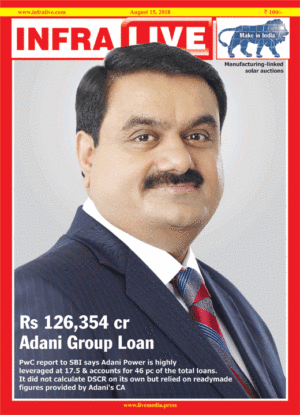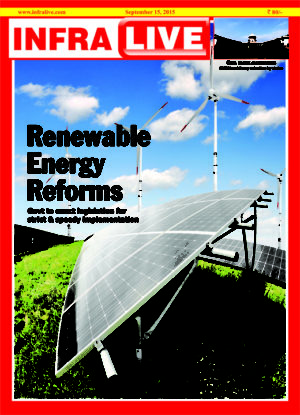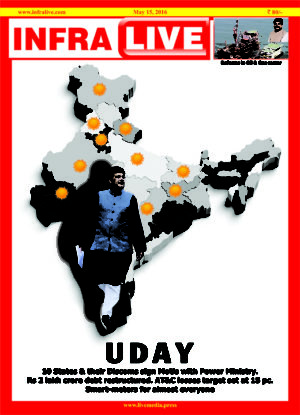Defence sector production is fully liberalized. Government allows 100 per cent FDI, upto 49 per cent is under automatic route. Earlier stipulations of foreign OEMs being required to form jvs with domestic firms if they wanted to set up manufacturing units in India, have been done away with. All these changes happened way back in 2016. And yet, the transport fuel namely bulk diesel procurements are stuck in a monopoly phase of total public sector control. Bulk diesel for the defence forces can only be supplied by OMCs of government and is a costly affair.
Diesel sales were decontrolled in phases. First it was bulk diesel in January 2013 and then the retail price in October 2014. During this phase all government entities needing diesel in bulk would buy from public sector OMCs. But after total decontrol, the situation has changed, the Indian Railways one of the biggest consumers, made their first procurement in 2015 through open tender and made substantial savings. However, contrary to the overall liberalization of the defence sector, the fuel segment remains shut to private parties and hence availability of better prices through competition.
In the power sector, the government gearing up to unveil a new tariff policy and UDAY 2.0. Both will address discom losses. The power minister RK Singh has singled out the non-paying conduct of discoms to gencos as the only difficulty in the way of ‘24×7 power for all’.
The central government has already made it mandatory for discoms to open letters of credit for getting supply from gencos, from August 1, 2019, though the government concedes that the mandatory opening of letter of credit, would take some time to reduce stress on power generation companies. Also, under the new tariff policy being finalized, the discoms would have to pay a surcharge for delayed payment, which would be equal to the commercial rate of interest.
Further, after the rollout of new tariff policy and UDAY 2.0 if discoms do not reduce losses then they would not be able to get any grant or loan from the government of India. The government has also capped what discoms can charge from tariffs of consumers for under-recovered power supply. Under-recovered power supply is estimated at 30 per cent of total supply. The government has put a recovery cap of 15 per cent, the remainder 15 per cent is the concern of the discoms or the concerned state governments. Earlier, the entire 30 per cent under recovery was charged to the paying consumers.
Discoms across the country owe RE gencos as on August 30, 2019 over Rs 9,735 crore, according to CEA data. Andhra Pradesh tops the list with Rs 2,509 crore overdue payment followed by Tamil Nadu at Rs 2,413 crore and Telangana at Rs 1,581 crore. Total outstanding dues of power producers from distribution utilities as on July 31, 2019 stood at Rs 55,044 crore, as per PRAAPTI portal.
For 24×7 power for all to happen, this vexing issue of debt-laden discoms has to be resolved. In 2015, this is what UDAY 1.0 was meant to achieve at a huge cost.




